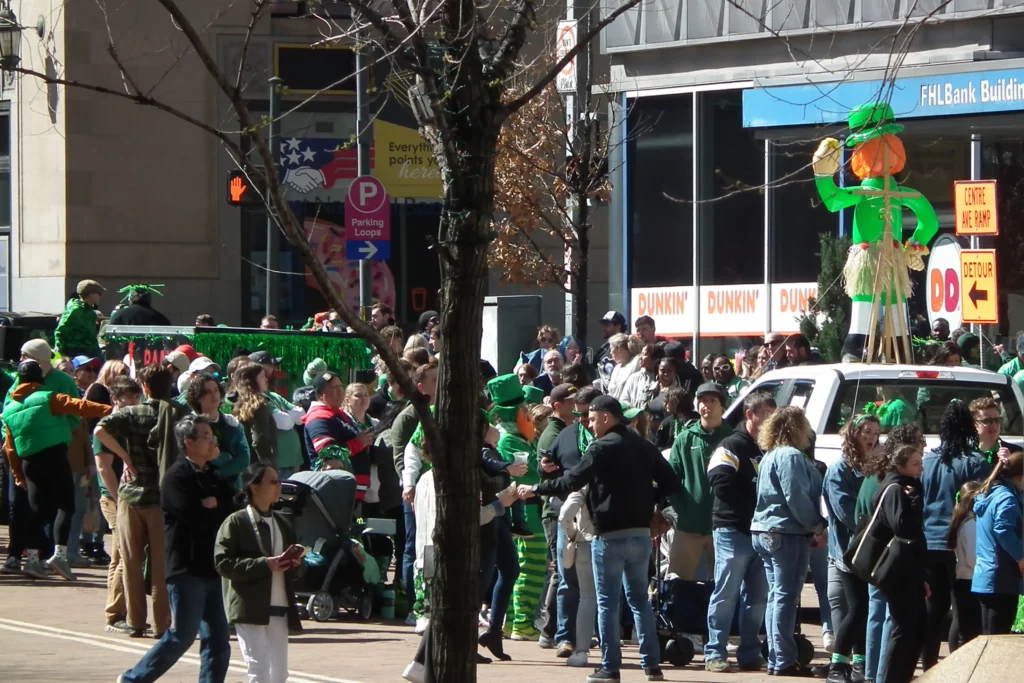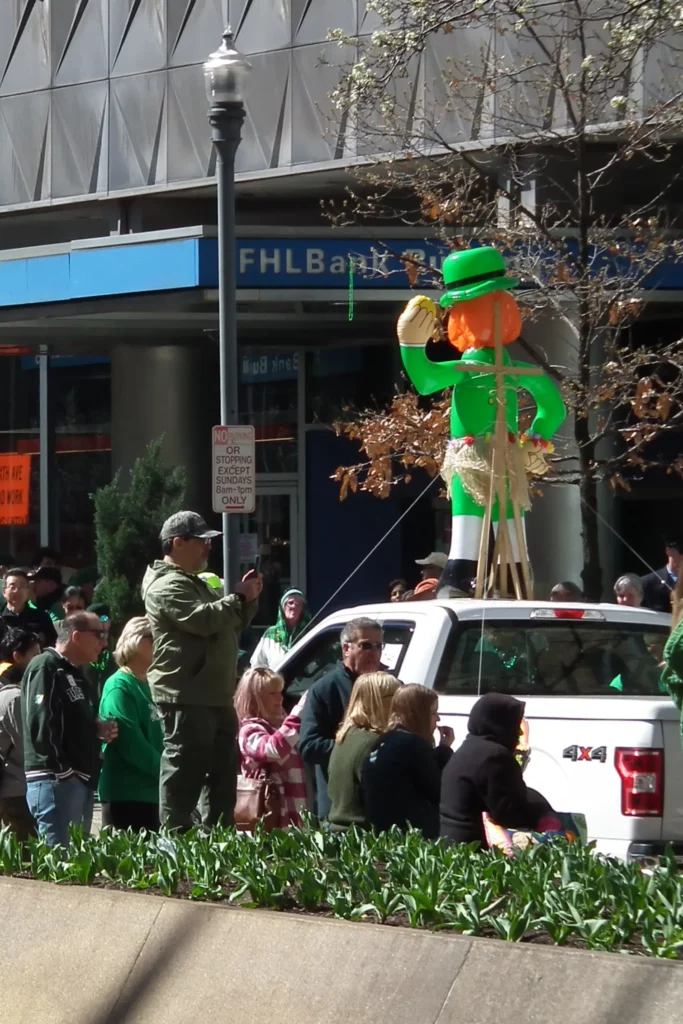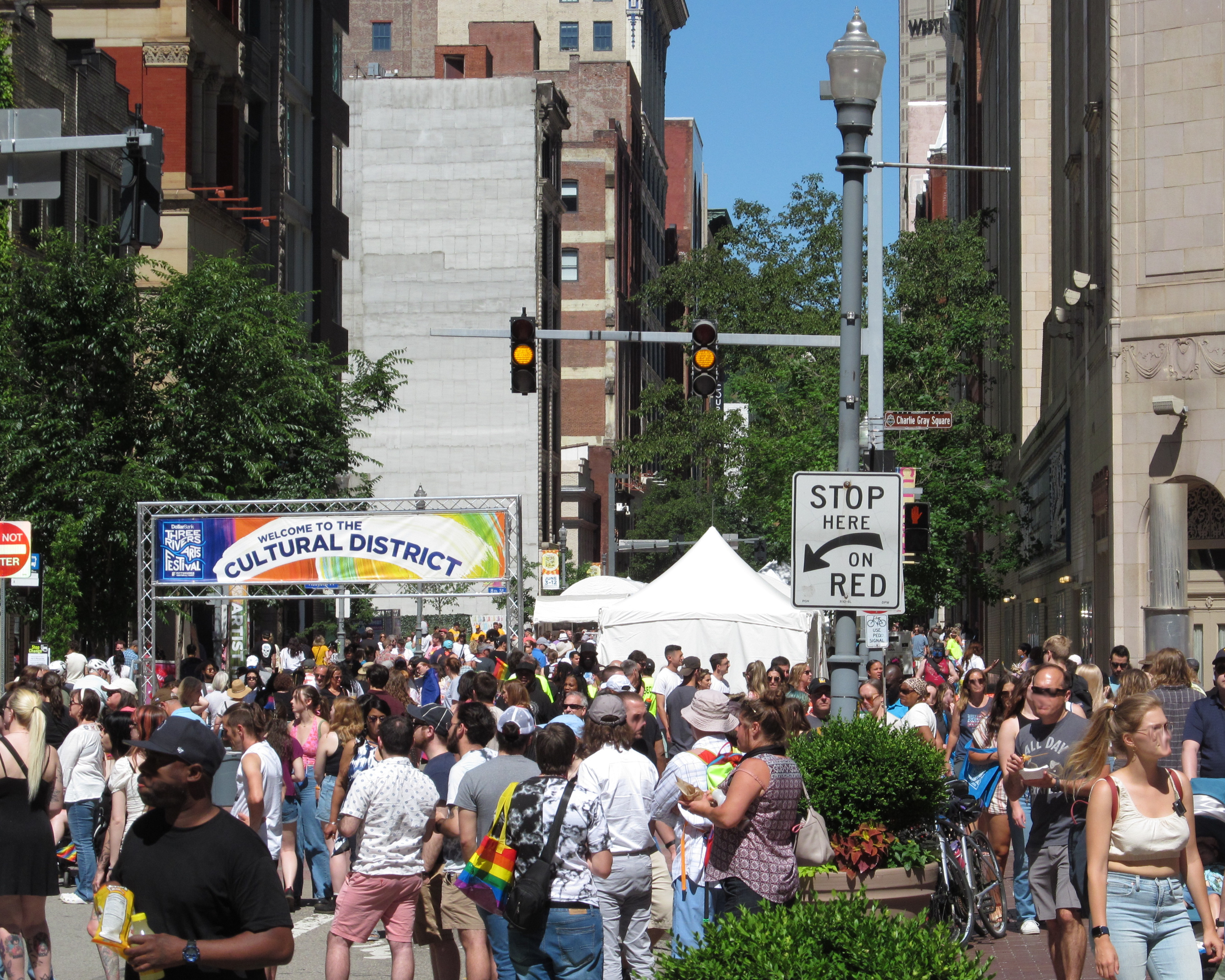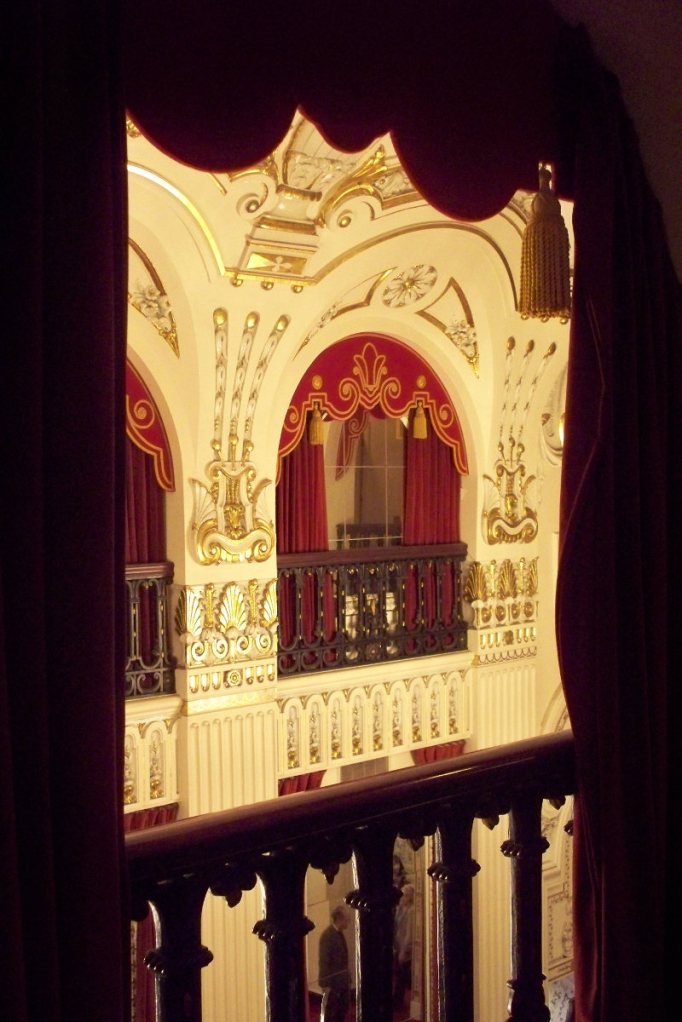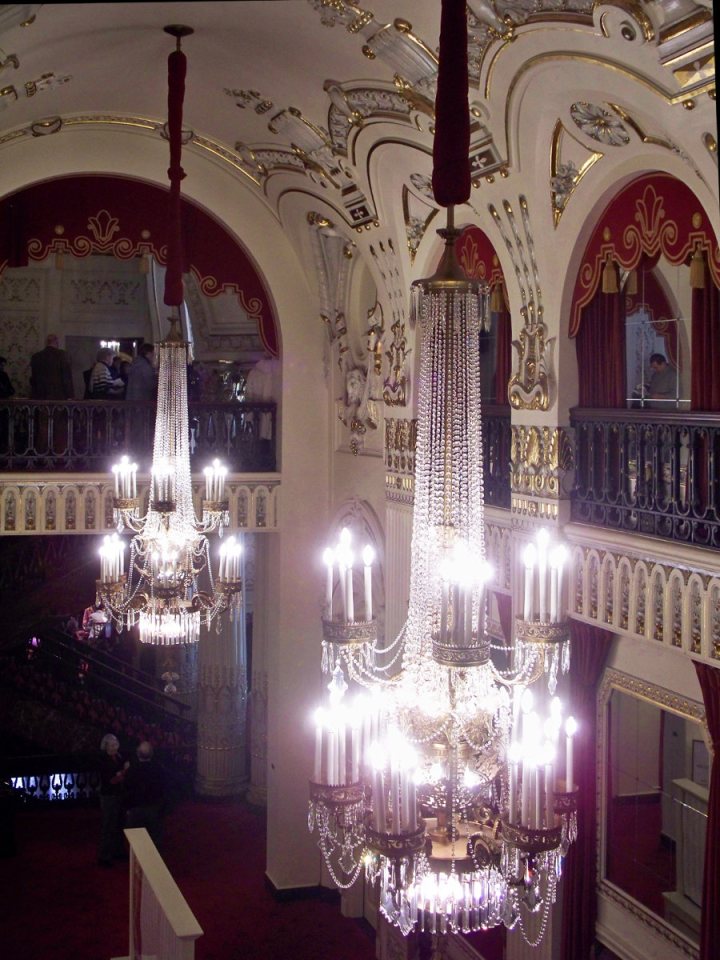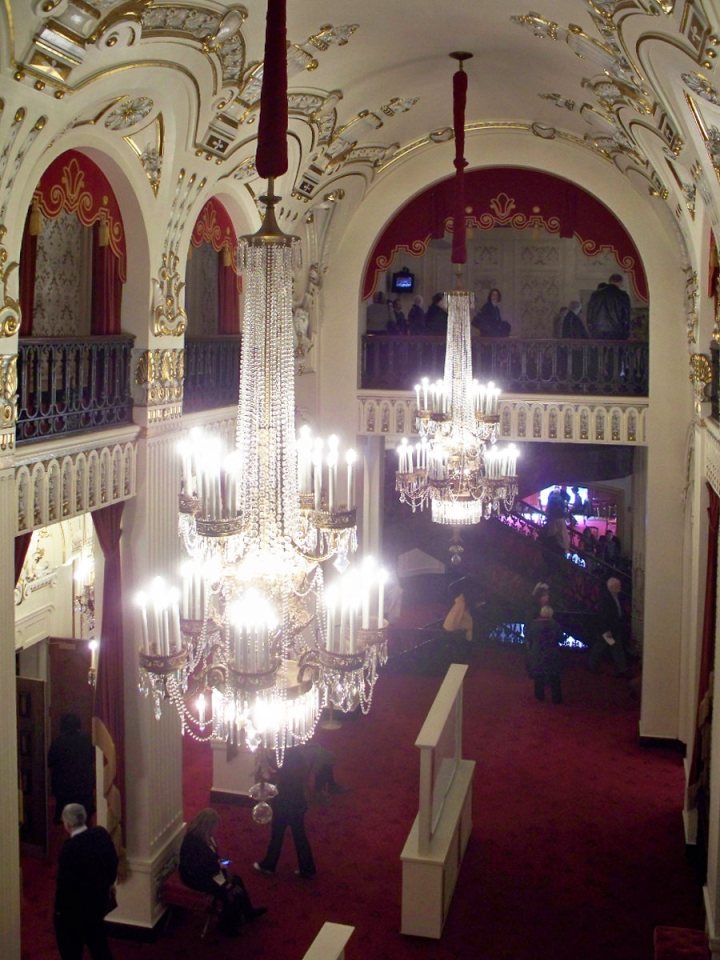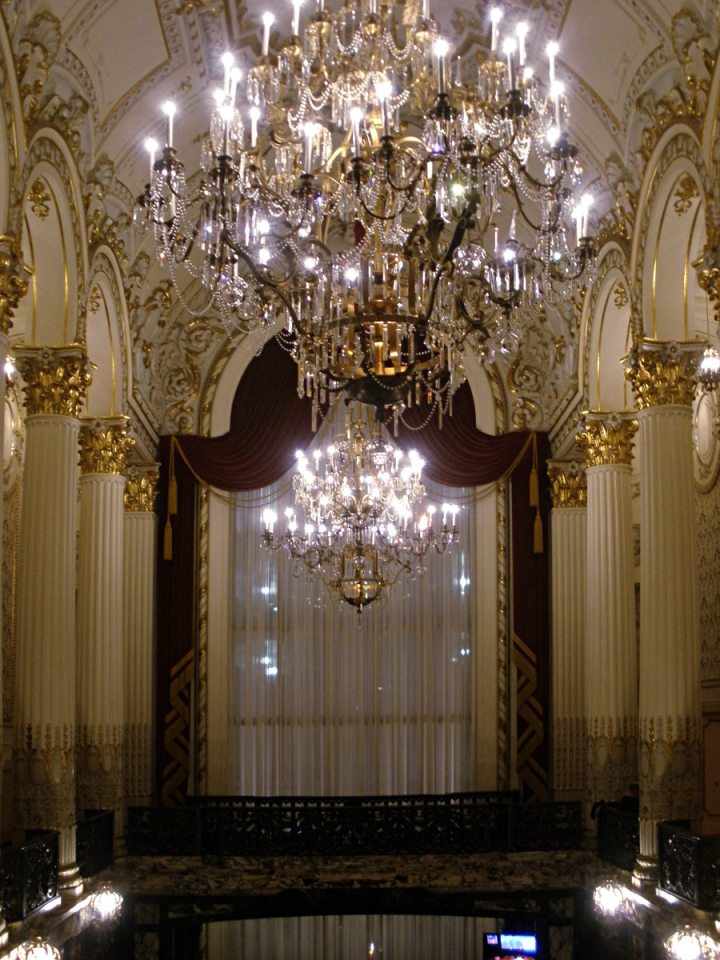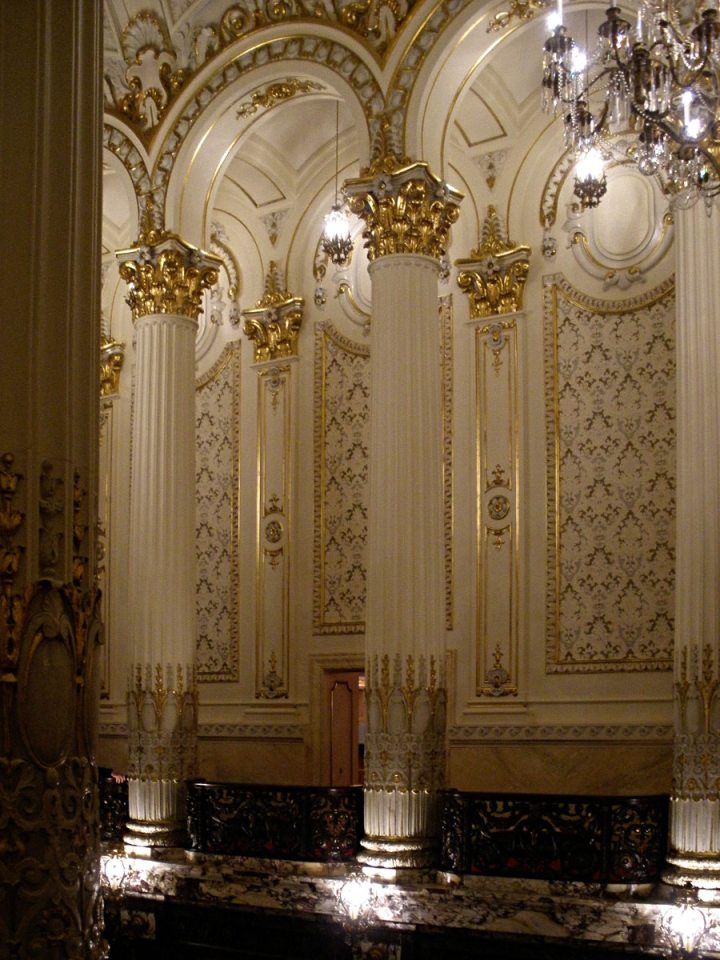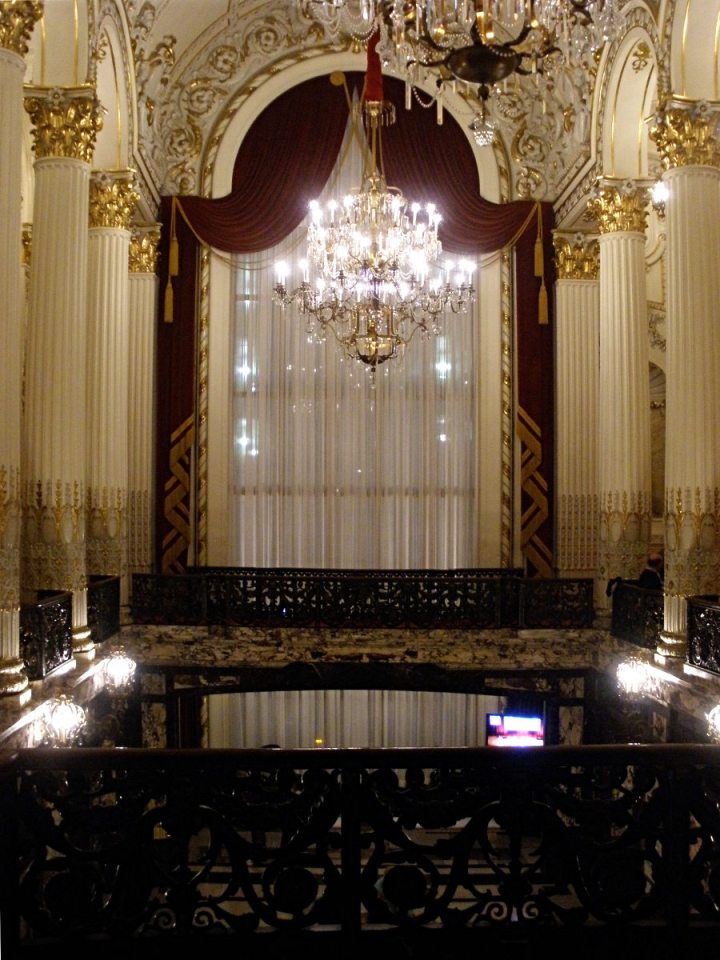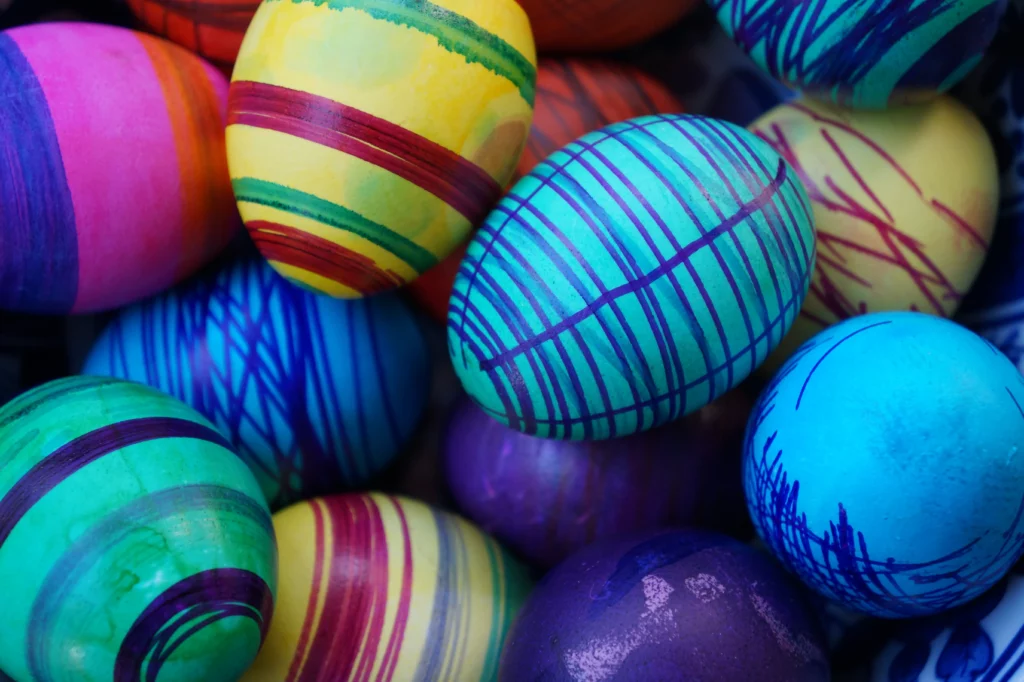
-
Easter Eggs
-
St. Patrick’s Day
-
Rosary March
-
Three Rivers Arts Festival
-
Squonk Performs Hand to Hand


Thirty years ago, Squonk Opera was a struggling alternative band performing in the standard struggling-local-band venues. But at some point early on, the group discovered that they could actually succeed by rebranding themselves as performance artists and getting commissions from arts organizations. Since then the “wacky provincial opera company,” now calling itself just Squonk, has been a regular at artsy events all over the world, but especially the Three Rivers Arts Festival.

Jackie Dempsey, keyboards, is one of the two original members of Squonk. Steve O’Hearn, who plays a variety of implausible wind instruments, is the other. Squonk will be performing Hand to Hand on Sunday, June 11, at 2:00 p.m. and again at 4:00 p.m. They claim that these are the world’s largest puppet hands, and who is going to argue?

-
Three Rivers Arts Festival
-
In the Lobby of Heinz Hall
-
Light-Up Night
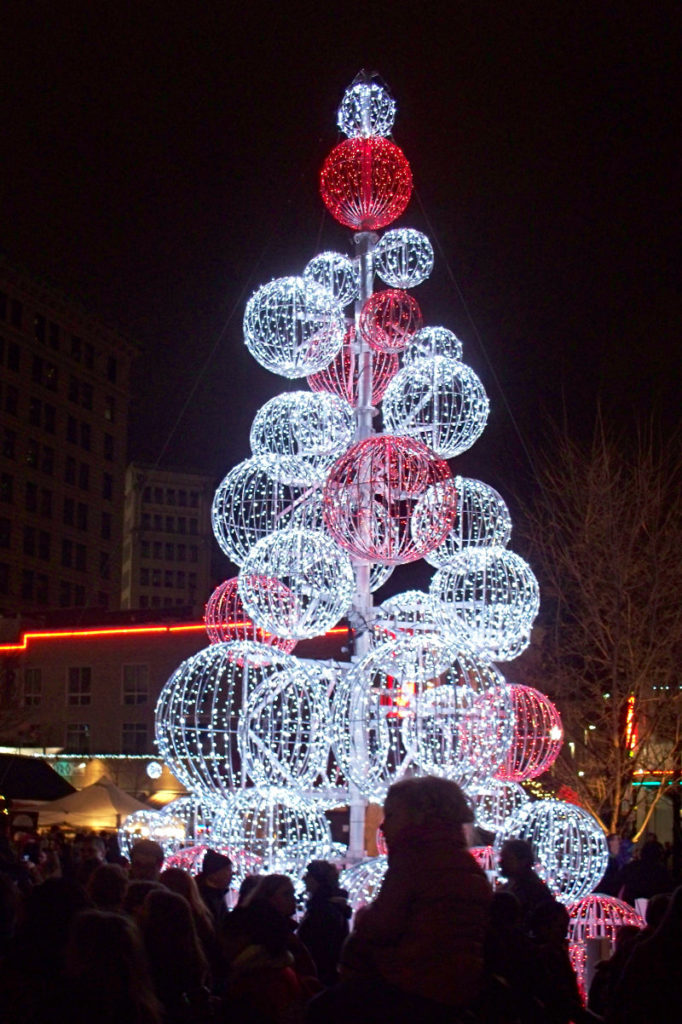
It would be hard to explain Light-Up Night to an out-of-towner. The abstract idea of a night when Christmas lights are turned on for the season is not hard to convey, but no words could describe the seething mass of cheerful humanity that gathers downtown, stuffing trolleys like rolling sardine cans and tying up traffic for hours. It is a night when every good Pittsburgher feels obliged to pay his respects to the Golden Triangle. There are bands, orchestras, choirs, street performers, multiple fireworks displays, lights, ice skating, and even a few random acts of kindness. Every year it’s a bigger deal than last year.
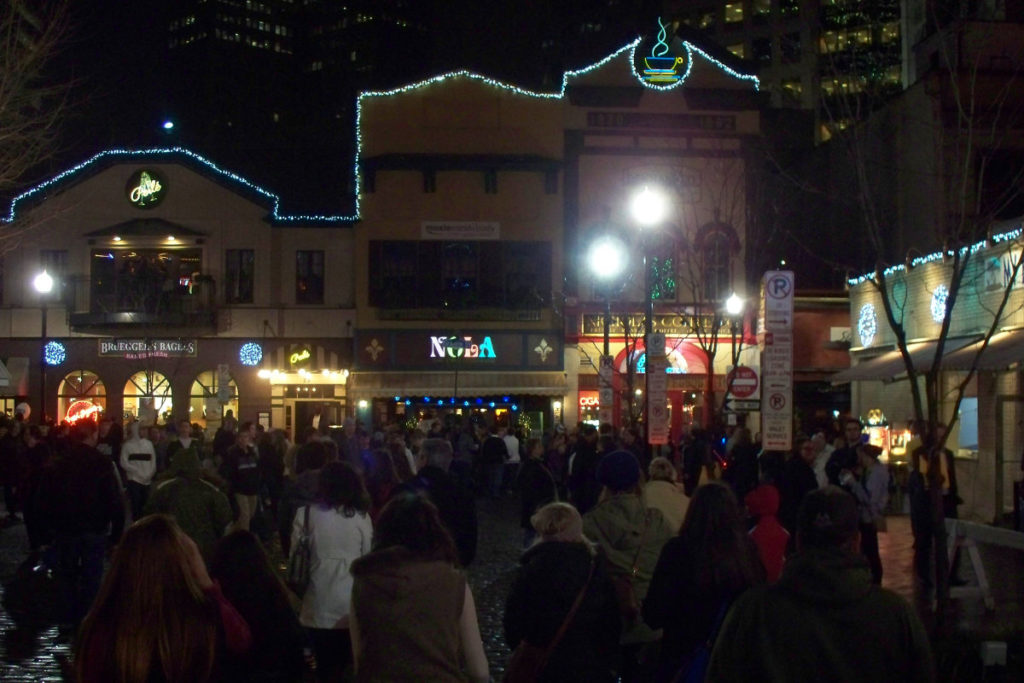
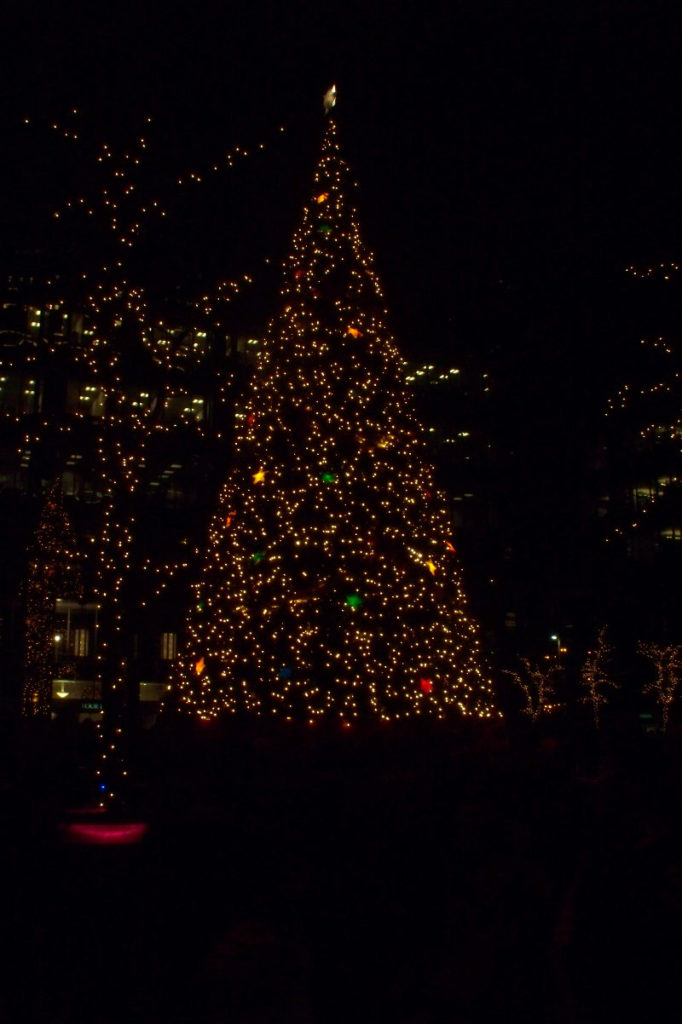
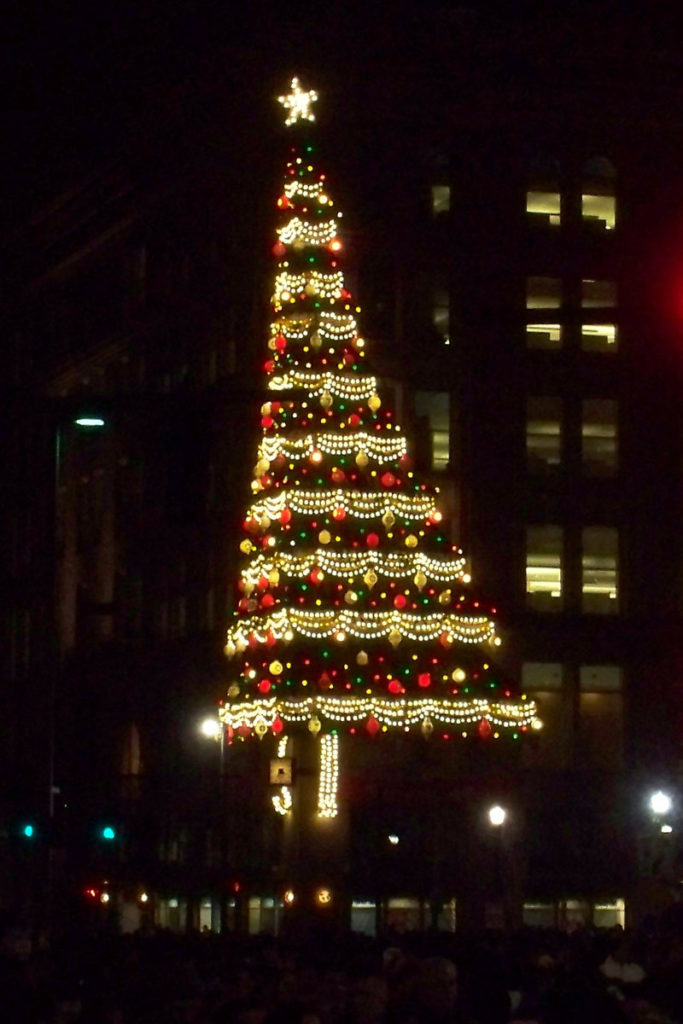
The Horne’s Christmas tree, above, is a tradition that predates Light-Up Night by decades. The Horne’s department store is gone, but the owners of the building still graciously allow us to admire the famous tree that takes up a whole corner of what used to be our second-largest department store.
-
Rubber Ducky
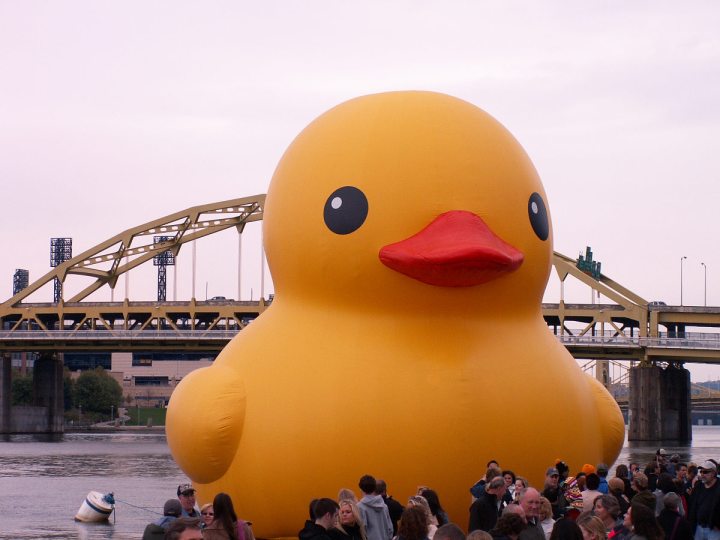
It’s a giant inflatable rubber ducky. Why? There may be no good answer to that question. But, to judge by the crowds at the Point today (the duck’s last weekend in the water), it seems that a giant inflatable rubber duck was just what Pittsburgh wanted. The Port Authority is running double streetcars and Subway Locals (which serve only from Station Square through downtown to Allegheny) to handle the traffic on the subway. Downtown is full of tourists from exotic places like Iowa who came to have their pictures taken in front of the rubber duck. Traffic jams surround the Point. Street vendors are selling bags and bags of rubber ducks. Restaurants downtown are packed. All because of a rubber ducky.
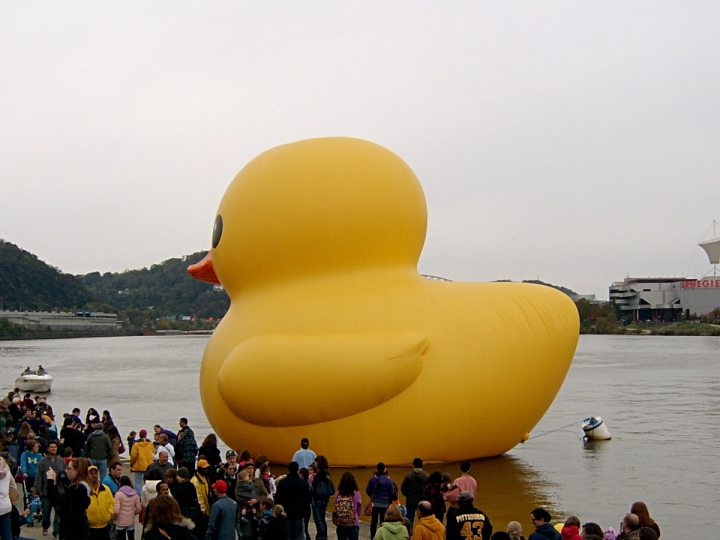
-
Lobby of Heinz Hall

